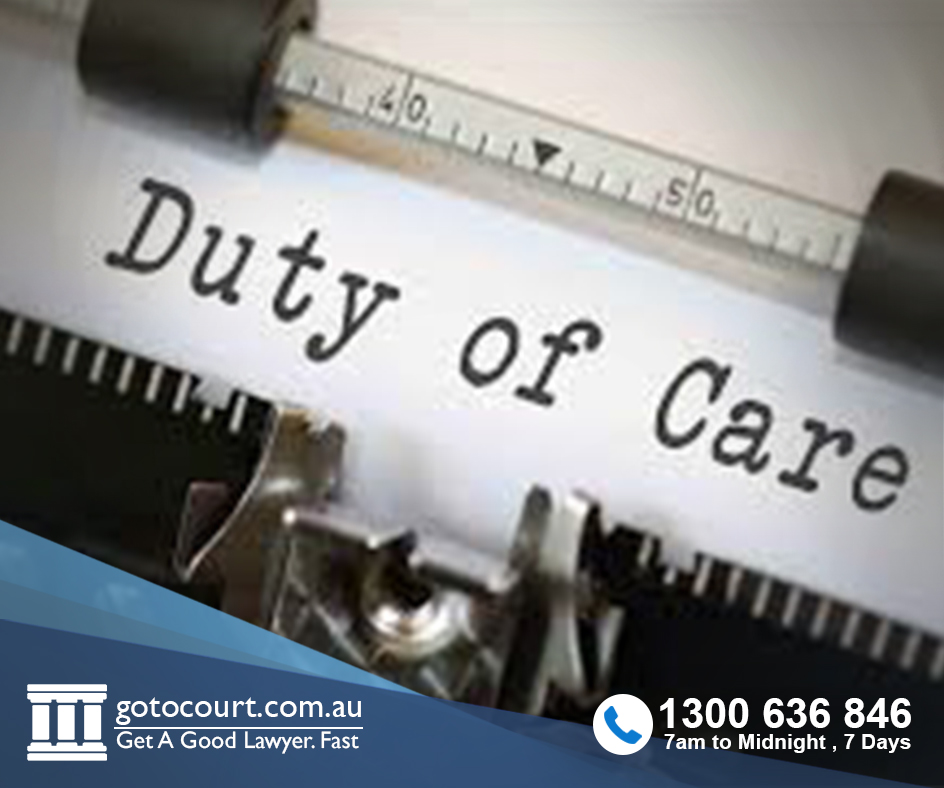Making a Will in the Northern Territory
Making a Will in the Northern Territory
Making a will is the simplest way to make sure that your assets are distributed the way you want them to be after you die. If you die without a will, you are treated as an intestate’ meaning your assets are distributed amongst your relatives based on a statutory formula.
The rules for making a will in the Northern Territory are contained in the Wills Act 2000 (NT). However, the legal requirements are strict, so you should seek legal advice on how to make a will.
Making a Will Overview
Legal requirements for making a will in the Northern Territory
To avoid being treated as intestate, you need to satisfy a number of legal requirements to make sure your will is valid. These legal requirements are fairly similar across each of the states and territories:
- In most circumstances a person must be aged 18 years or over to make a will. If you are under 18 years of age, you are allowed to make a will if you are married, or in contemplation of a marriage which is expected to take place. However, the will is invalid if the marriage does not actually occur. The Supreme Court may also authorise a person under 18 years of age to make a will.
- The will must be in writing and you must sign it.
- At least two witnesses must watch you sign the will. They must also attest and sign the will themselves. It is advisable that you do not ask a person to who you want to make a distribution under the will to also witness it, as any disposition to that person may be rendered void.
- You must have ‘testamentary capacity’ in order to make a will. This means you must be sufficiently competent to make the will, meaning you understand why a will is made and the effects of making a will. If a person lacks ‘testamentary capacity’, then the Supreme Court can order that a will be made on their behalf. Getting such an order can be tricky because you need to first make a leave application to the Supreme Court and you need to show evidence about that person’s testamentary capacity and, if such evidence is available, what their wishes are in making such a will (ie to whom they would want their property to go).
Wills which do not satisfy legal requirements
If you fail to satisfy the above requirements, the Supreme Court can still order after your death that a particular document is your will, but only if it is satisfied that you intended for that document to be your will. In making this conclusion, the Supreme Court can look at any relevant evidence, including any statements you made before your death.
Effects of marriage and divorce on a will
If you make a will and later get married, then most of the will is revoked. However, certain aspects of it will not be revoked; for example, any appointments of the person to whom you are married at the time of your death, or any distributions to that person, will remain valid. Wills that are made in contemplation of marriage will also not be revoked by the marriage.
If you get divorced, your will is not revoked. However, any disposition in your will to your divorcee is revoked, as are most appointments of your divorcee (eg if you appointed your divorcee as executor).
Choosing an executor
The executor you specify in your will is the person who will apply for probate of your will, and thereafter administer your estate after your death. This means they will carry out the instructions that you leave in your will.
You can choose any person to be your executor; however, it should generally be someone you trust and who resides in the Northern Territory and is able to call in and dispose of your assets.
What happens if I don’t name certain relatives in my will?
It is up to you who you name as a beneficiary in your will. However, keep in mind that certain relatives (including your children, or a current or former partner or spouse) can challenge your will by applying to the Supreme Court for a ‘family provision order’, which means a part of your estate will be set aside for the maintenance of that person. Certain kinds of relatives can only seek such an order if they were maintained by you before your death.
Read More: Missing Beneficiaries NT

Affordable Lawyers
Our Go To Court Lawyers will assist you in all areas of law. We specialise in providing legal advice urgently – at the time when you need it most. If you need a lawyer right now, today, we can help you – no matter where you are in Australia.How It Works




1. You speak directly to a lawyer
When you call the Go To Court Legal Hotline, you will be connected directly to a lawyer, every time.

2. Get your legal situation assessed
We determine the best way forward in your legal matter, free of charge. If you want to go ahead and book a face-to-face appointment, we will connect you with a specialist in your local area.

3. We arrange everything as needed
If you want to go ahead and book a fact-to-face appointment, we will connect you with a specialist in your local area no matter where you are and even at very short notice.

















